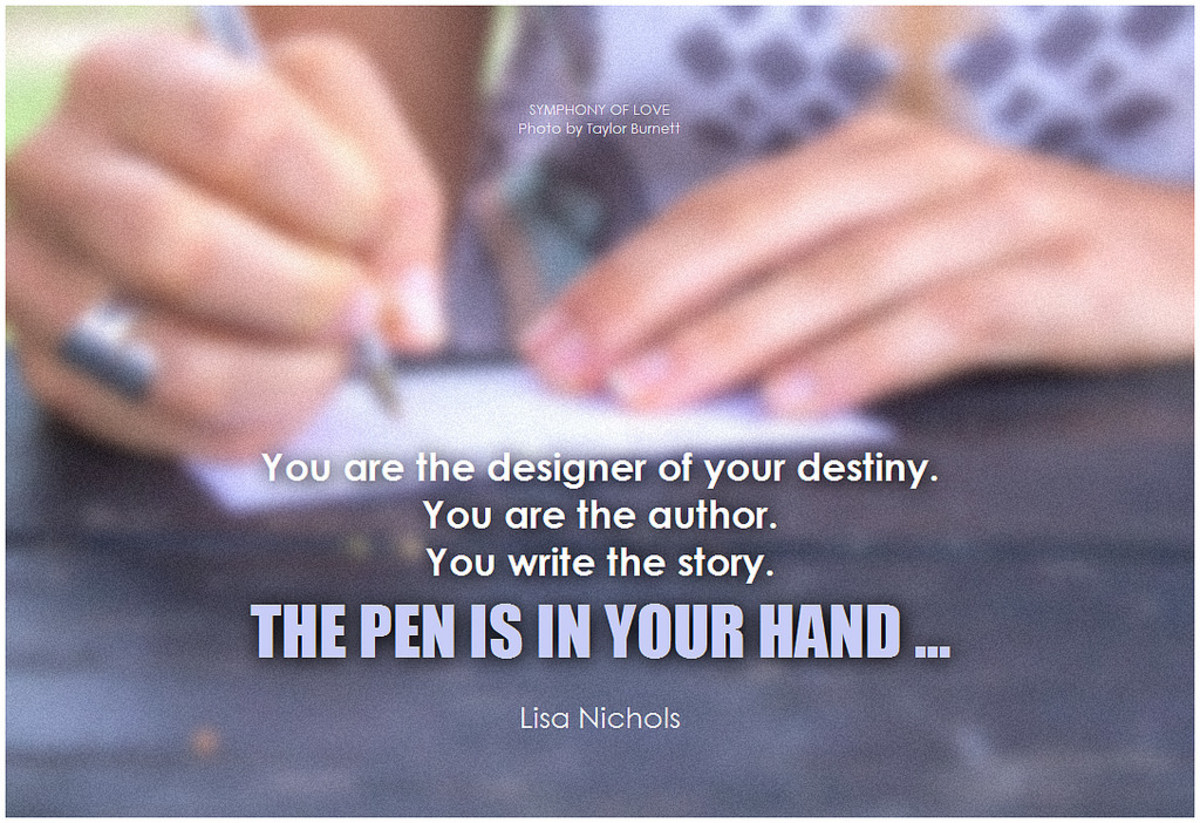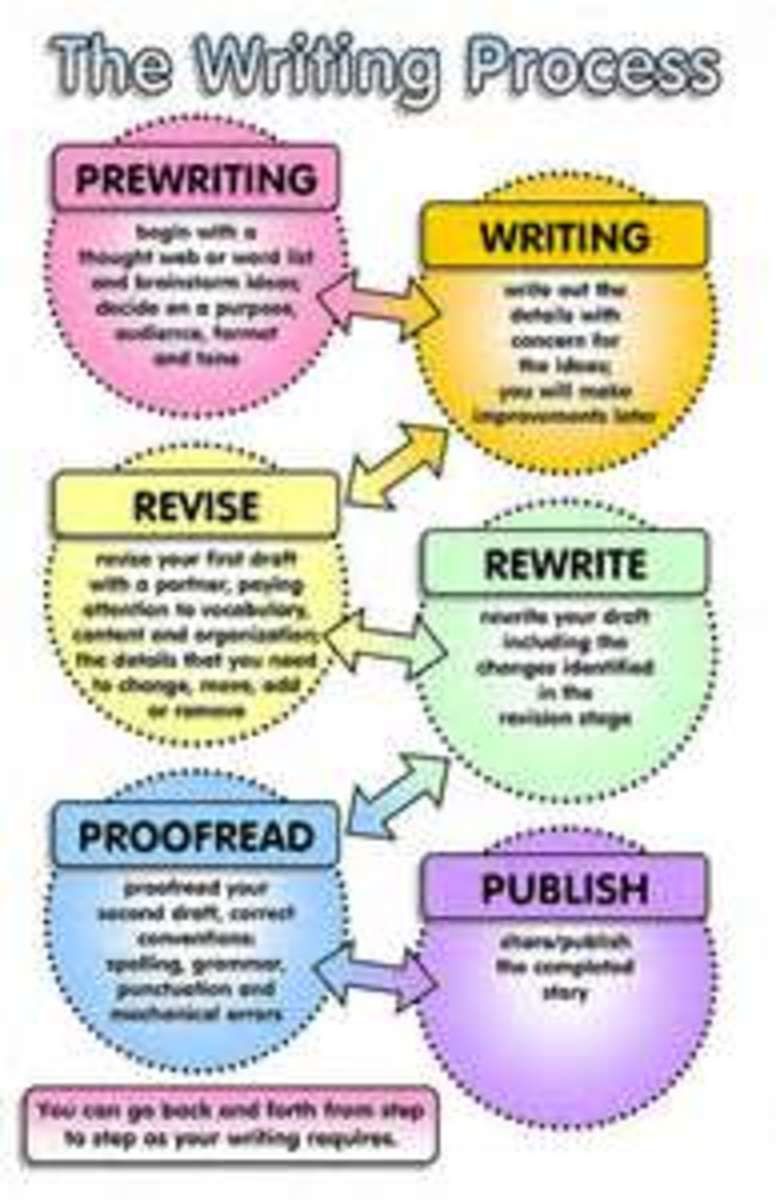How Writers Use Reading to Improve Their Writing Skills
Are Good Writers Good Readers?
What makes a good writer? For that matter what constitutes a good reader? Reading and writing go hand in hand, do they not? Ask any of the top writers and mostly they will say, they read a lot. But there are those writers who detest reading. I know one author who has written hundreds of short stories and a couple of dozen novel length books yet despises reading - so much so that he flinches at the thought of re-reading anything he has written himself. Yet I would distinguish him to be a good writer. He just doesn't read much.
The benefits of being a reader for any writer is what you may glean from other writers. I'm not sure that there is such a thing as a good reader. Some people read for pleasure, others for knowledge and the rest of us read as a way of finding out what is going on our world, locally, nationally and globally.
A prolific reader once told me "we read to remember or we read to forget" but this was before the days of the Internet. Social networking and the Internet in general has brought us to accept a shorthand version of reading and another reason to read - to glean information. But these days we skim, mostly. This type of reading could be compared to speed reading except that what we are reading has been designed to be read in this way. Skimming a page on the Internet is about flicking our eyes over the first few sentences to see if we need to read further. While speed reading is a specially taught skill to 'skim' through page after page and only retain the important components of the selected written piece.
Writing and Reading

What is the Mark of a Good Writer?
How do we know that what we are reading has come from a good writer? Is it the writer whose use of complex words means the average reader will need a dictionary for interpretation or is it the lay out of the written piece that somehow pulls the reader in regardless of the simplicity of the words the writer has used? Perhaps it is a combination of both. How many times have you read something and thought, regardless of your focus at the time, 'now what was it I have just read?' There is no way out of this but to re-read the sentence, paragraph or sometimes the entire chapter.
A good writer means the reader can easily read, comprehend and digest everything on offer from the author, from the opening introduction, first chaper through to the last sentence. An easy read does not mean it was a simple piece to write, rather the author has thought about the audience and even catered to the reader.
Why Read?
We Read to Forget
Losing ourselves in a great epic - one of the classics or a 'Mills and Boon' - best lover takes all contest - is a wonderful distraction from the daily humdrum of our lives. Reading to forget can spur the adrenalin missing in our own lives when we find ourselves glued to the pages of a Stephen King or John Grisham bestseller. This is reading at a ferocious pace and the book that we can't let go of even long enough to prepare the evening meal. It is wonderful, heart racing and we become so engrossed that the book takes priority over all else. Finding one of those books you simply can't put down till the last page is an absolute delight for any reader. For a writer it is, the devil in disguise who is all to often left with the feeling 'If only I could write one of those.'
We Read to Remember
High school, college, trade school or any other education system thrives on students reading for a purpose. This is a higher order than any other reading we may do. The text book is full of information, from history to complex formulas and how it all came to be. No matter the course we are studying, the purpose of our reading is solely to remember what we have read so we may paraphrase in our next assignment to get a good grade.
We read to Glean Information
With the invention of the Internet we are introduced to a completely different style of reading. Now we find there is so much information at our fingertips that it can be overwhelming. Finding our information online has given reading a different purpose. It is about search engines and keywords and reading only comes in to play when we stumble upon the site that gives us the best information. For the online writer this means reading to glean information on how best to suit a modern audience.
Does a Writer Need to be a Good Reader?
Is it possible to be a good writer without being a good reader? Most of the top name writers say the best thing they can do to improve writing is to be a good reader. That doesn't mean reading a book a day but reading whatever comes your way. Taking in all the different styles of writing, from short stories, poetry, journalism through to full length novels and biographies gives the writer tools to work with as much as a painter who experiments with different types of brushes.
Writing may be a natural talent or a learned craft but the more the writer reads the better equipped they will be to get the job done - for the benefit of their reader.








